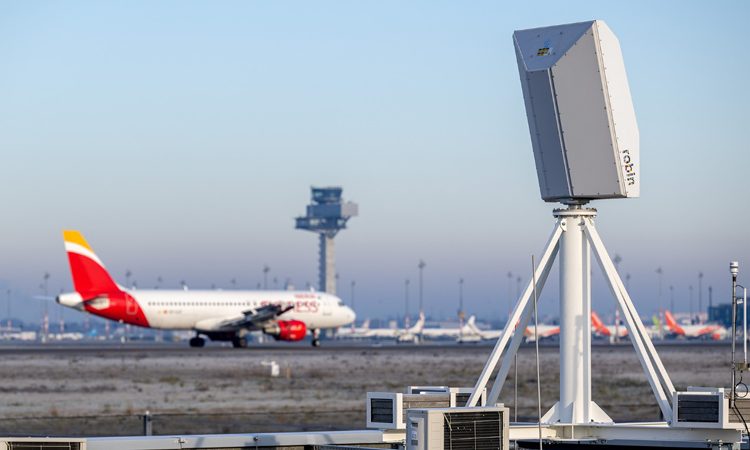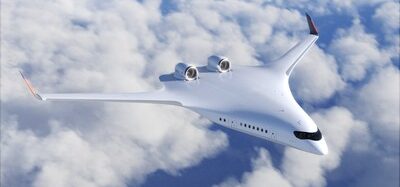New 3D radar monitors to protect against bird strikes at BER
- Like
- Digg
- Del
- Tumblr
- VKontakte
- Buffer
- Love This
- Odnoklassniki
- Meneame
- Blogger
- Amazon
- Yahoo Mail
- Gmail
- AOL
- Newsvine
- HackerNews
- Evernote
- MySpace
- Mail.ru
- Viadeo
- Line
- Comments
- Yummly
- SMS
- Viber
- Telegram
- Subscribe
- Skype
- Facebook Messenger
- Kakao
- LiveJournal
- Yammer
- Edgar
- Fintel
- Mix
- Instapaper
- Copy Link
Posted: 16 December 2022 | International Airport Review | No comments yet
Berlin Brandenburg Airport has installed a new radar system to protect against bird strikes on aircraft, a first at a German airport.


Credit: BER
A new radar system to protect against bird strikes on aircraft was installed at Berlin Brandenburg Willy Brandt Airport (BER). MAX comes from the Dutch company Robin Radar Systems. The technology is being used for the first time at a German airport.
The new system replaces a previous one from the company from 2016, which only monitored the southern runway. The phased array radar antenna now enables a full 24/7
3D recording of bird movements within a radius of 10kms and thus monitors the entire airport area. With the help of special software, the size, height and flight direction of flocks of birds are determined and displayed. In this way, possible collisions between birds and aircraft that are taking off or landing can be calculated in advance and averted in a targeted manner.
Pyrotechnics are used for this purpose at BER, which are fired when swarms appear and produce a loud bang. Furthermore, a hunting dog and, at times, a falconer with birds of prey are used to deter birds. Special planting and development on the airport area also gives birds little opportunity to breed.
If birds get into the engines of an aircraft, this can lead to engine damage and thus to a dangerous situation. So far there has been no risk of bird strikes on the approximately 1,500 hectare site of BER. For this reason, there have not been any life-threatening accidents in German air traffic. Nevertheless, all airports and airlines make great efforts to avoid bird strikes.
Thomas Hoff Andersson, Managing Director Operations at Flughafen Berlin Brandenburg GmbH commented: “We make great efforts to offer our customers the highest possible level of security at BER. To do this, we also rely on the use of the latest technologies, whether in the terminals or on the aprons. With MAX, we can now detect flocks of birds more accurately, scare birds away in a more targeted manner and thus prevent bird strikes more effectively.”
Related topics
Air traffic control/management (ATC/ATM), Aircraft, Airside operations, New technologies, Wildlife hazards


















